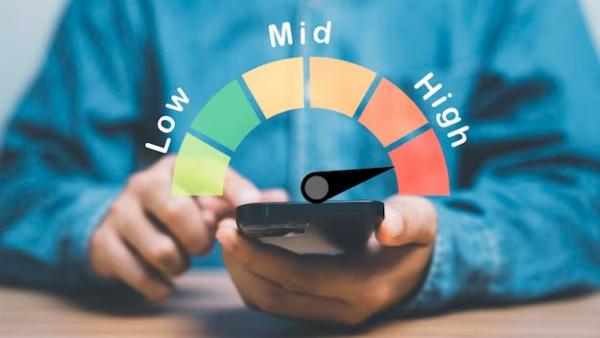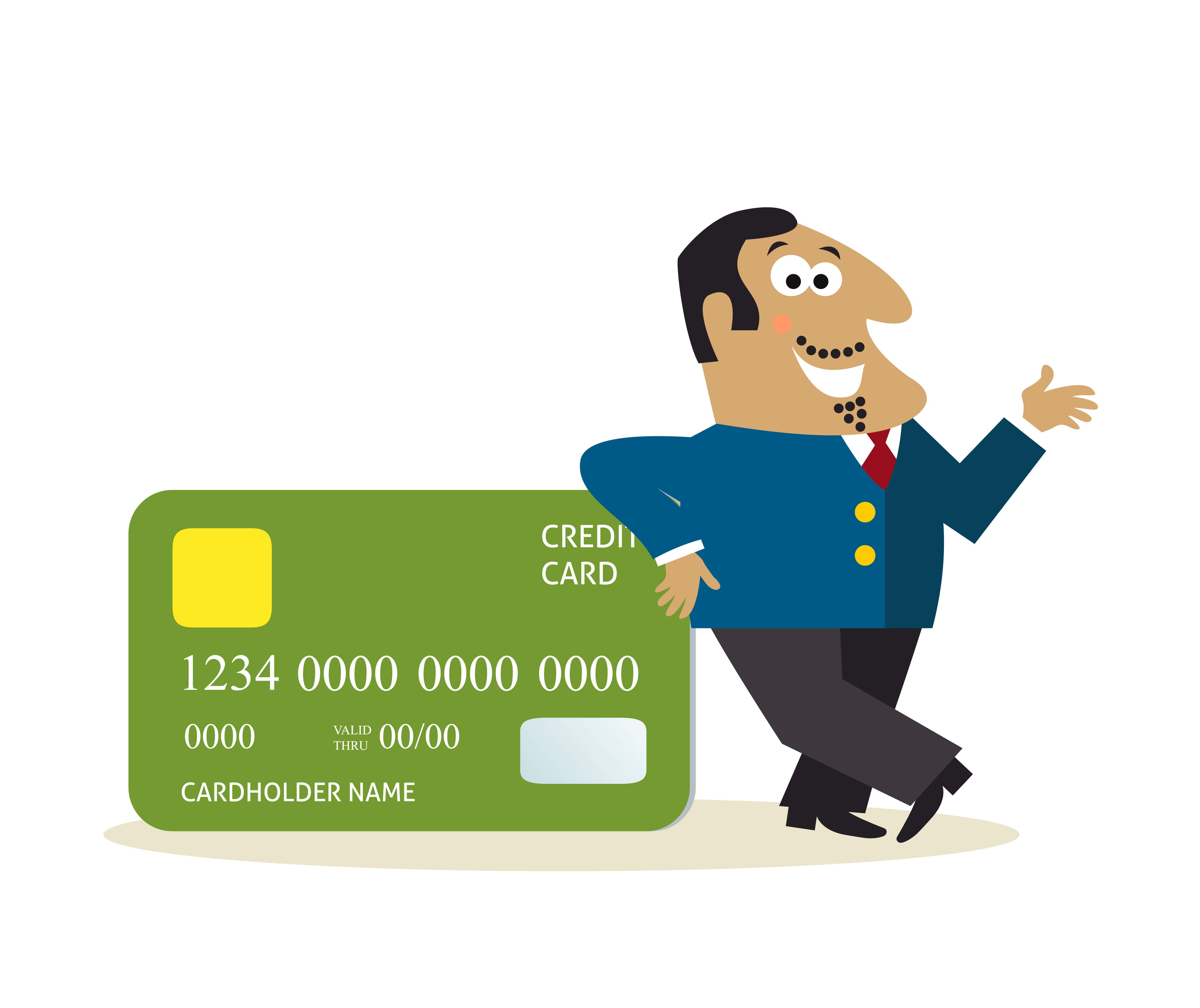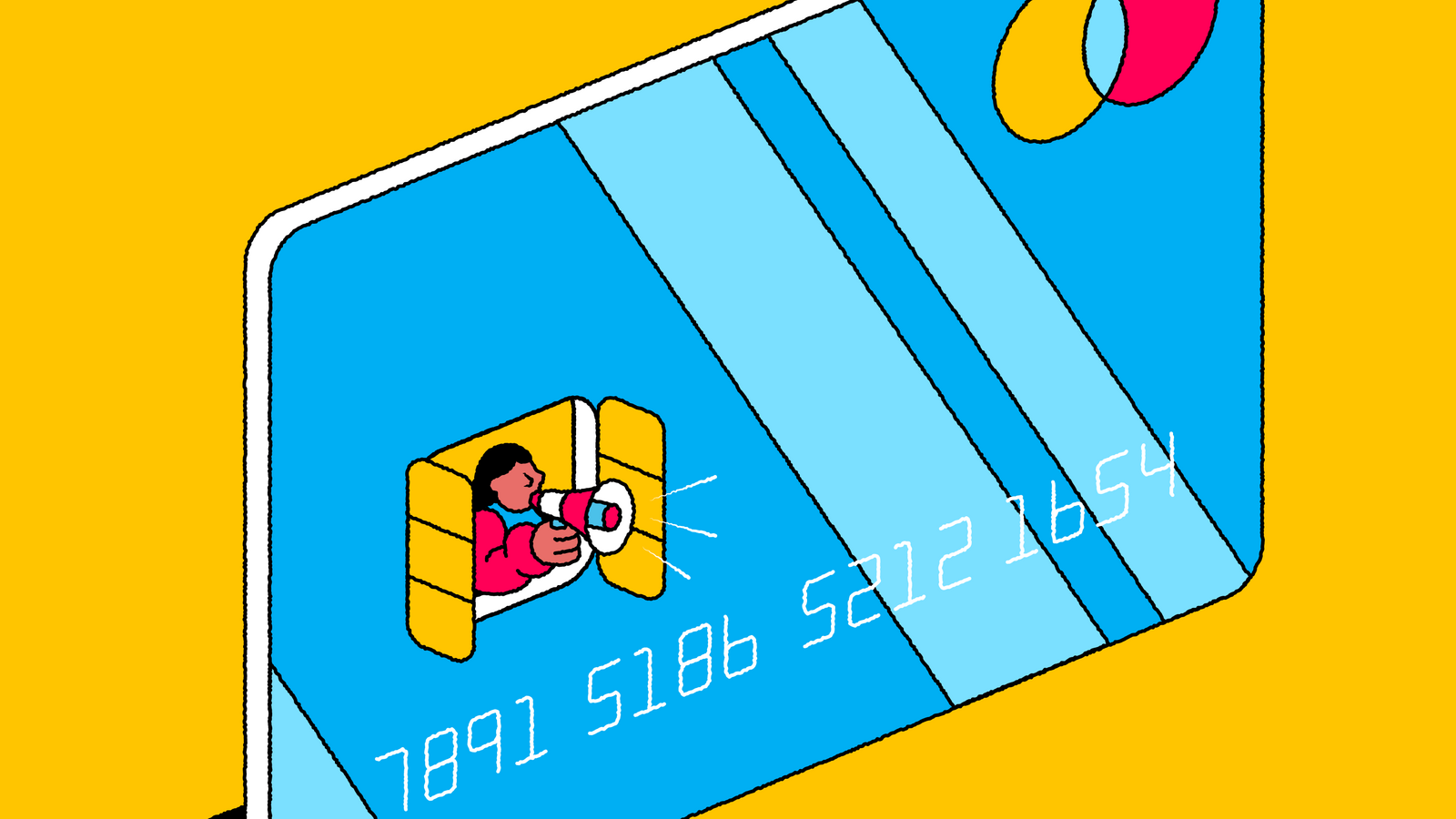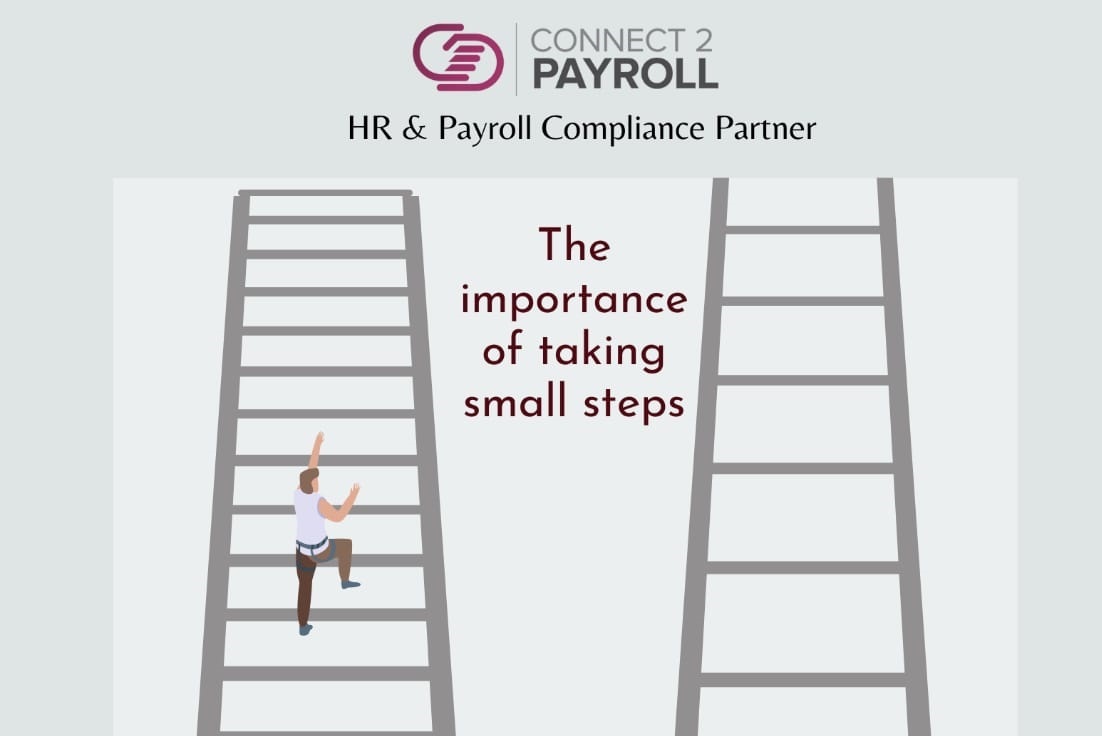How Can I Improve My Credit Score?

Strong 8k brings an ultra-HD IPTV experience to your living room and your pocket.
Your credit score is one of the most important numbers in your financial life. It can determine whether you're approved for a loan, the interest rate you'll pay, and even your ability to rent an apartment or get a job. If your credit score is low, don't worry - there are steps you can take to improve it. In this ultimate guide, we'll cover everything you need to know about improving your credit score.
What is a Credit Score?
Before we dive into how to improve your credit score, let's first define what it is. A credit score is a three-digit number that represents your creditworthiness. It's based on your credit history, which includes information about your credit accounts, payment history, and outstanding balances.
The most commonly used credit score is the FICO score, which ranges from 300 to 850. A higher score indicates that you're a lower credit risk, while a lower score suggests that you may be a higher risk.
Why is a Good Credit Score Important?
Having a good credit score is important for several reasons:
- Lower Interest Rates: A high credit score can help you secure lower interest rates on loans and credit cards, saving you money over time.
- Easier Approval for Credit: With a good credit score, you're more likely to be approved for credit when you need it.
- Better Rental Opportunities: Many landlords check credit scores when evaluating potential tenants. A good credit score can make it easier to rent an apartment or house.
- Improved Job Prospects: Some employers check credit scores as part of the hiring process, especially for positions that involve handling money.
How to Improve Your Credit Score
Now that you understand what a credit score is and How to Improve Credit Score, let's look at some steps you can take to improve your score:
Your payment history is the most important factor in determining your credit score. Late payments can have a significant negative impact on your score, so it's crucial to pay all of your bills on time, every time. If you have trouble remembering to pay your bills, consider setting up automatic payments or reminders.
Your credit utilization ratio is the amount of credit you're using compared to your credit limit. Ideally, you should keep your credit utilization below 30%. This means that if you have a credit card with a $10,000 limit, you should try to keep your balance below $3,000.
If your credit utilization is high, consider paying down your balances or asking for a credit limit increase.
Don't Close Old Credit Accounts
The length of your credit history is another important factor in determining your credit score. Closing old credit accounts can shorten your credit history and potentially lower your score.
If you have an old credit card that you no longer use, consider keeping it open and using it occasionally to keep it active.
Limit New Credit Applications
Every time you apply for credit, the lender will perform a hard inquiry on your credit report. Too many hard inquiries in a short period of time can lower your credit score.
If you're shopping for a loan, try to do all of your applications within a 14-45 day period. This will minimize the impact of multiple hard inquiries on your score.
Monitor Your Credit Report for Errors
Errors on your credit report can lower your credit score. It's important to regularly check your credit report for errors and dispute any inaccuracies.
You're entitled to one free credit report from each of the three major credit bureaus (Equifax, Experian, and TransUnion) every year. Take advantage of this and review your reports carefully.
How Long Does it Take to Improve Your Credit Score?
Improving your credit score takes time and patience. The length of time it takes depends on several factors, including:
- The current state of your credit
- The steps you take to improve your credit
- The severity of any negative items on your credit report
In general, you can expect to see some improvement in your credit score within a few months of making positive changes. However, significant improvements can take several months to a year or more.
Conclusion
Improving your credit score is an important step in achieving financial health. By paying your bills on time, keeping your credit utilization low, limiting new credit applications, and monitoring your credit report for errors, you can take control of your credit and improve your score over time.
Remember, improving your credit score is a marathon, not a sprint. Stay patient, stay focused, and keep making positive changes. With time and effort, you can achieve the credit score you deserve.
Note: IndiBlogHub features both user-submitted and editorial content. We do not verify third-party contributions. Read our Disclaimer and Privacy Policyfor details.







